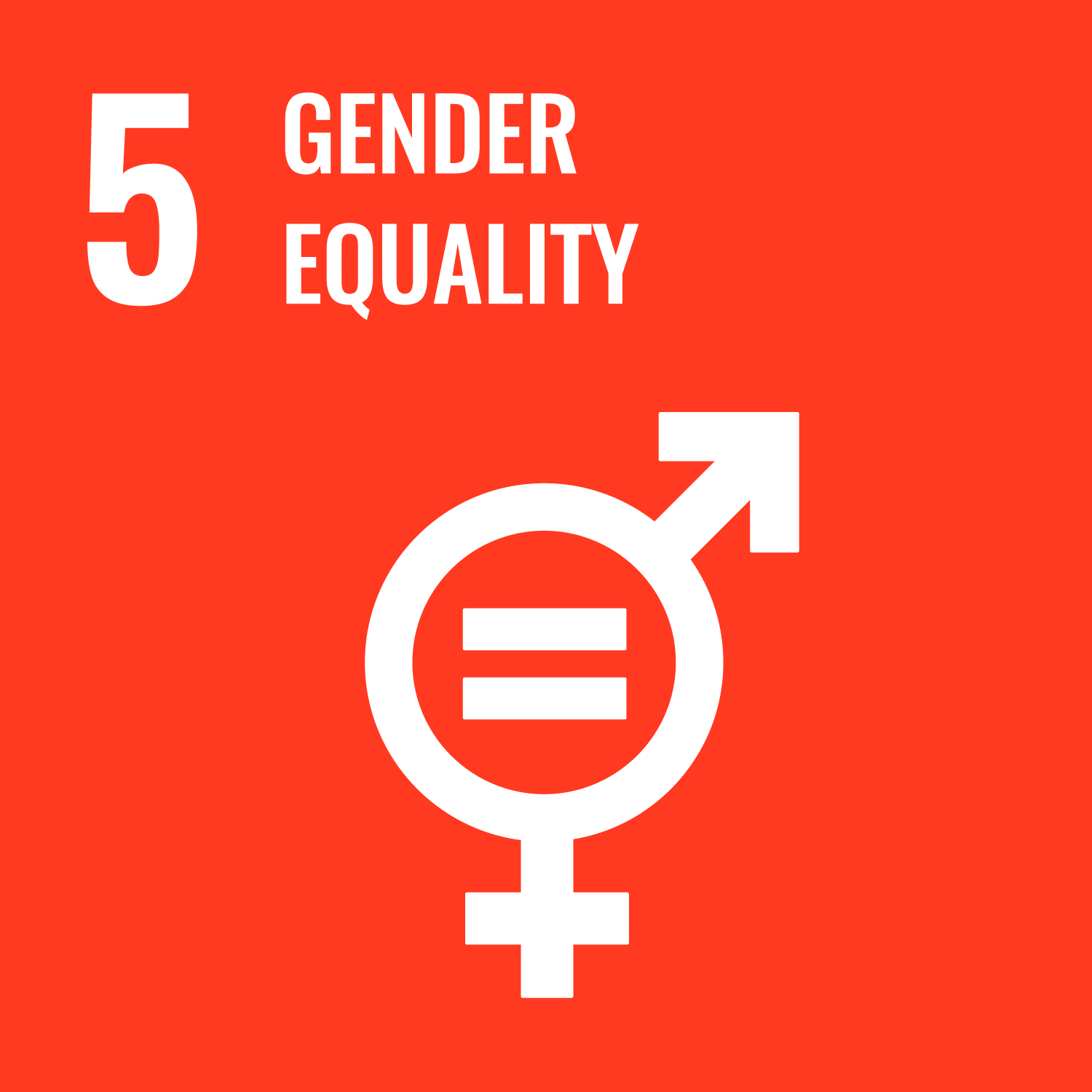ORCID
- Rohit Shankar: 0000-0002-1183-6933
Abstract
Background: Epilepsy prevalence in sub-Saharan Africa is high with a significant treatment gap. In this context,epilepsy presents substantial challenges to effective and safe reproductive and maternal healthcare. To improvethis, it is important to understand the views and perceptions of healthcare professionals delivering epilepsy careto this population.Methods: This study uses an online questionnaire which asked healthcare professionals (both from nursing andmedical backgrounds) who work in sub-Saharan African countries to rate a set of pre-established optionsdesigned with the feedback of a local focus group of epilepsy experts from countries targeted. The questionnaireconsisted of 21 questions and was a mix of multiple choice and Likert scale questions on managing reproductivehealth in women in local settings.Results: Of 203 healthcare professionals respondents from over 10 countries majority were doctors (48%) ornurses (36%). The Gambia (28.6%), Nigeria (22.2%), Cameroon (13.3%) and Zambia (9.4%) accounted fornearly three-quarters of respondents. Over half (54%) felt that they have the necessary training to counselwomen with epilepsy on reproductive health and pregnancy. Only 40% reported they regularly discuss familyplanning. Carbamazepine was reported to be the most used anti-seizure medication (ASM) for childbearing agewomen. Key challenges outlined were epilepsy awareness among patients and their families, information deficiton ASMs and pregnancy and access to a sufficient range of ASMs.Conclusion: Understanding the challenges faced by health professionals in sub-Sharan Africa, provides bettercomprehension of the specific “treatment-education gap” in counselling women with epilepsy on ASM risks andbenefits.
DOI Link
Publication Date
2024-09-20
Publication Title
Epilepsy and Behavior
Volume
161
ISSN
1525-5050
Acceptance Date
2024-09-06
Deposit Date
2024-09-21
Funding
RS has received institutional research, travel support and/or honorarium for talks and expert advisory boards from LivaNova, UCB, Eisai, Veriton Pharma, Bial, Angelini, UnEEG and Jazz/GW pharma outside the submitted work. He holds or has held competitive grants from various national grant bodies including Innovate, Economic and Social Research Council (ESRC), Engineering and Physical Sciences Research Council (ESPRC), National Institute of Health Research (NIHR), NHS Small Business Research Initiative (SBRI) and other funding bodies including charities all outside this work. No other author has any declared conflict of interest related to this paper.
Additional Links
Keywords
Low income, Maternal mortality, Pregnancy, Treatment gap
Creative Commons License

This work is licensed under a Creative Commons Attribution 4.0 International License.
Recommended Citation
Shankar, R. (2024) 'A cross-sectional study of healthcare provider perceptions of the management of epilepsy in pregnancy in sub-Saharan Africa', Epilepsy and Behavior, 161. Available at: 10.1016/j.yebeh.2024.110048



